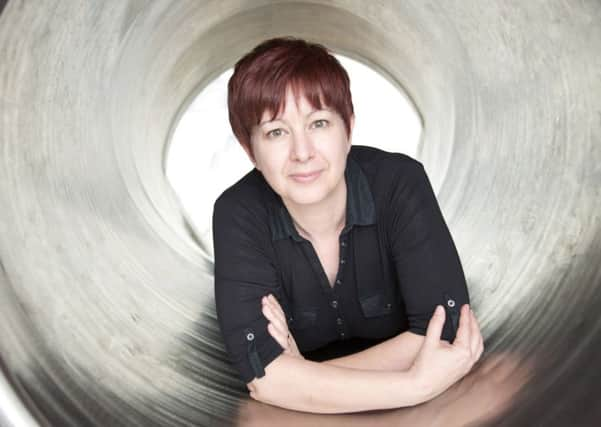Dotforge funding to help health start-ups


Dotforge has launched its Health + Data programme in Leeds.
It is investing up to £20,000 in ten companies that use or create data for health applications and are developing products for use by doctors, clinicians, patients and carers.
Advertisement
Hide AdAdvertisement
Hide AdThe scheme is being funded by EMIS Health, Mercia Fund, the Yorkshire and Humber Academic Health Science Network, Tech North and Creative England.
Dotforge was founded three years ago in Sheffield and has since run four programmes helping around 40 new businesses.
Emma Cheshire, managing director and co-founder of Dotforge, said: “We are delighted to expand our reach to offer an accelerator to help new entrepreneurs who are developing data driven applications for health.”
She added: “Leeds is the perfect place to run this accelerator, as the city is the epicentre for health data in the UK, being the home of the NHS national data resource and base for many of the key patient record providers for the UK.
Advertisement
Hide AdAdvertisement
Hide Ad“These companies service more than 55 million GP patient records, as well as A&E and social services data management resources.
“This creates a rich ecosystem to support and sustain new companies and attract talented people to the area.”
EMIS Group provides medical software for more than 50 per cent of GP surgeries.
Speaking at The Yorkshire Post Business Club last week, Chris Spencer, chief executive, explained why his company is supporting the new progra- mme.
Advertisement
Hide AdAdvertisement
Hide AdHe said: “For us, that looks like a great way for us to get involved with healthcare tech businesses and help them in an environment where they get some more money but more importantly they get mentoring and premises and that nurturing environment.”
Ms Cheshire emphasised that the mentoring aspect is more important than the money.
She told The Yorkshire Post: “In a lot of ways it’s probably more important than the money because what we’re doing, through our mentors, is providing people with connections that might help them sell.
“It’s quite a regulated and managed environment you’re selling into so you need to be confident about going through these hoops and for a lot of companies what we’re attempting to do is make that much easier by giving them the connections.”
Advertisement
Hide AdAdvertisement
Hide AdShe added that Dotforge decided to launch the health tech sector accelerator now because of the emerging business models.
Ms Cheshire said: “We’re beginning to see business models emerging that smaller companies can start taking advantage of in the health and digital environment. Whereas previously it was very, very difficult to see where people would make money unless they were commissioned.
“I think that’s quite important because we want to be helping companies that have got a chance to deliver and do something important and survive.
“There’s pressure now in terms of the commissioning agenda for all of the NHS trusts to start looking for people to fulfil the areas that we’ve outlined in the accelerator.”
Advertisement
Hide AdAdvertisement
Hide AdClaire Braithwaite from Tech North said that accelerator programmes are a “crucially important” component of tech ecosystems.
She added that they are a draw for investors, experts and customers.
Phil Webb, chief technology officer at EMIS Health, said: “We are excited about the opportunity to incubate new healthcare technology ideas and to integrate them with our own platform for the wider benefit of the NHS and, ultimately, patients.”
Tech hub opens its doors
Technology hub C4DI opened the doors to its new building in Hull yesterday.
Advertisement
Hide AdAdvertisement
Hide AdDeveloped by Hull-based commercial developer Wykeland Group, C4DI forms the centrepiece of @TheDock, a major regeneration scheme within Hull’s Fruit Market and Central Dry Dock area.
The 23,000 sq ft office building will provide co-working facilities, meeting rooms and event space on the ground floor with offices ranging in size from 170 sq ft to 5,000 sq ft on the three upper floors.
Ms Cheshire said C4DI was an “exceptional example” of bringing together people.
She said: “It’s a really solid network that they’ve developed there. That ecosystem that they were creating, they were building it before the building existed.”